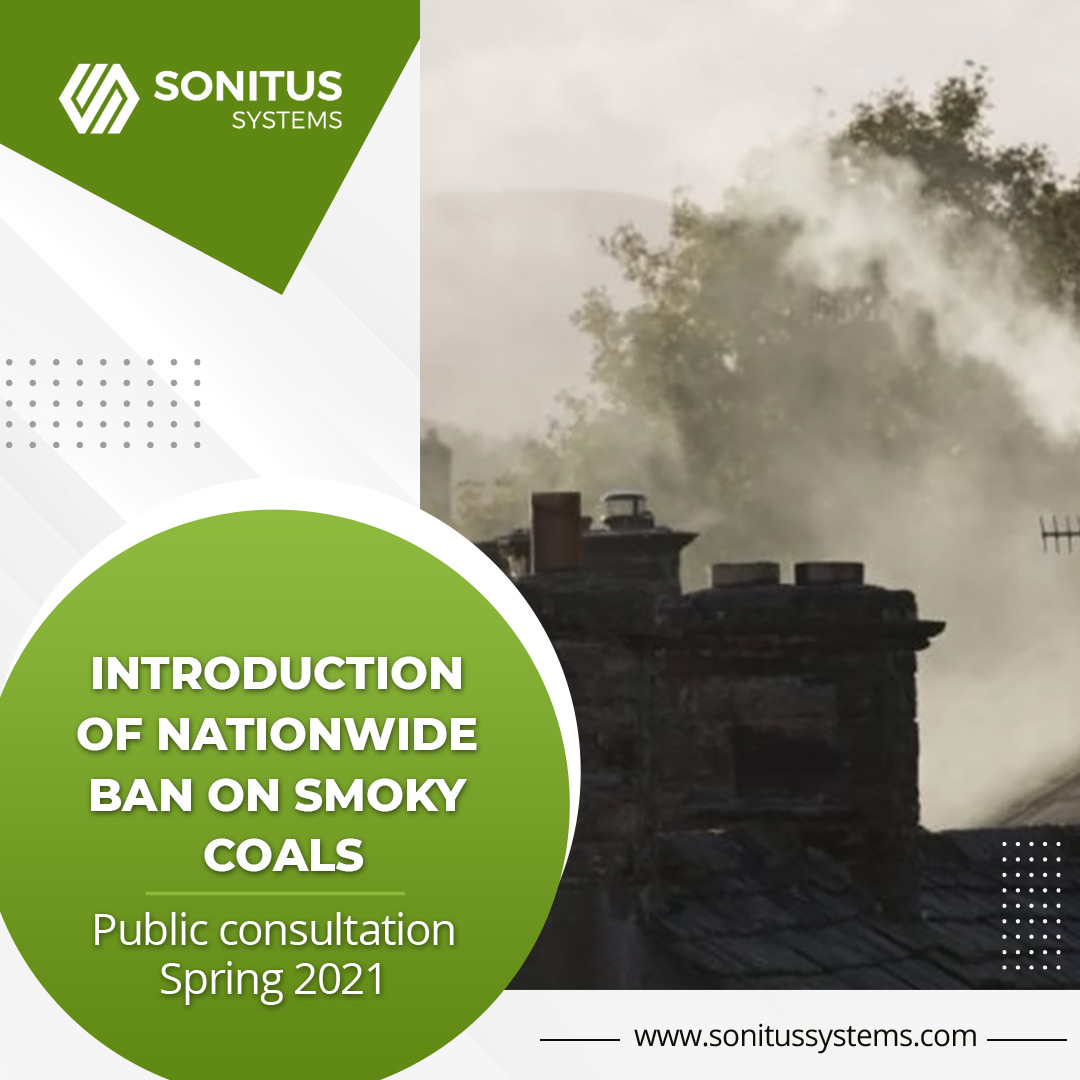Positive moves by Irish government to tackle air pollution
In recent days, Minister for the Environment, Climate and Communications, Eamon Ryan, said that there will be tougher restrictions needed if Ireland intends to reduce emissions across the country.
Therefore, a process of public consultation is due to be launched on a nationwide smoky coal ban in the coming weeks. While there is already an effective ban on the sale of smoky coal in the majority
of Irish towns that have a population of more than 10,000 – and in other towns where air pollution has reached dangerous levels at times – this is still not enough. More extensive laws and regulations
must be put in place to improve air quality. To assist in furthering this agenda, Mr. Ryan, who is also leader of the Green Party, signed regulations that extended the smoky coal ban to a further 13
towns around Ireland. According to Mr. Ryan, he understands the Government wishes to “move towards a full nationwide ban”. He argued in favour of these regulations and the impending ban in order to
reduce carbon emissions, given the importance of improved air quality to the health of the population.
In the next week, the Government will launch public consultation not only in respect of smoky coals, but also to introduce tighter restrictions on the sale and burning of other forms of fuels,
for example, peat and peat briquettes, and wood with a high moisture content level. These impending restrictions are due to “stop short at people extracting peat from their own turf plot, which is
intended for domestic use alone”.
The very first smoky coal ban in Ireland was introduced for Dublin city back in 1999 by Mary Harney, the then Minister of State for the Environment. The topic of the nationwide ban has been brought
up many times over the past two years but was continuously challenged by coal importers who believe the ban singles out coal and its suppliers, not realising that the ban will also affect the sale
and the burning of turf, wood and peat. Former Minister for the Environment, Richard Bruton, explored a nationwide smoky coal ban but did not proceed further. His backtracking was interpreted at the
time as an unwillingness to face down robust industry lobbying and/or a likely successful legal challenge. It is positive to see the conversation about air quality change in terms of importance and
urgency – both of which it undoubtedly is.
Sonitus Systems offers both the hardware and software for a range of environmental parameters on a continual basis, with real-time information available through our Sonitus Cloud dashboard.
For more details on our indoor and outdoor noise and air quality monitoring products and services, please contact the team at www.sonitussystems.com/contact/contact.html
